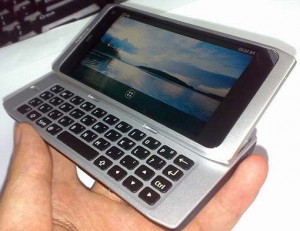Yesterday’s article reported that a Brooklyn man is suing Apple because Siri doesn’t perform as advertised (for him at least), but most iPhone 4S users are happy with the function.
According to a survey of 482 iPhones 4S owners conducted by research firm Parks Associates, more than half said they were “very satisfied” with how it performed, with 87% saying they use it at least once a month. A further 21% said they were “satisfied” and 9% said they were “unsatisfied”. Considering Siri is still a beta product, having over 70% satisfaction rate is quite good. However, it’s also worth noting that the survey was US iPhone users only, and it’s a fair bet to think that users from other countries would be less satisfied as Siri has a reputation for not recognising words very well from non-US accents and it does not perform as many tasks outside of America – it doesn’t find local businesses, for instance.
An interesting finding from the study was that most of the users only use Siri for a handful of simple tasks, like sending emails or calling a contact, despite Siri being able to schedule reminders, browse the web, play songs and answer myriad questions. In fact, 32% of those surveyed have never used Siri for playing songs, and 35% have never scheduled a meeting with it. While those features are going unnoticed, the ability to send an email is something of a hit, with 26% saying they use Siri to do just that on a daily (or almost daily) basis, although 30% have never used it for that function either. Whether these people do not use Siri much for anything, or if they don’t send many emails, or if they just prefer to type them was not explored. The statistics from this report suggest that Siri is useful to those who have tried it, but it’s not a runaway success and arguably hasn’t shaped up to be what was expected of it in Apple’s 2011 keynote.
Indeed, John Barrett, Parks Associates’ director of consumer analytics, spoke of some drawbacks to Siri: “Some said Siri didn’t work well against background noise. Others said it had trouble understanding commands. These problems could be amplified in a noisy living room, where the main TV would be located.”
How Siri progresses in future software updates and upcoming handsets will be interesting to see. Will it cope better with noisy backgrounds like Shazam does? Will it recognise more accents? And if it performs perfectly, will it have much bearing on who uses it and how?


![[Video]: Gibson Announces New 2012 Les Paul Standard Specs](https://www.thedailyopinion.co.uk/wp-content/uploads/2012/03/lespaul.jpg)





